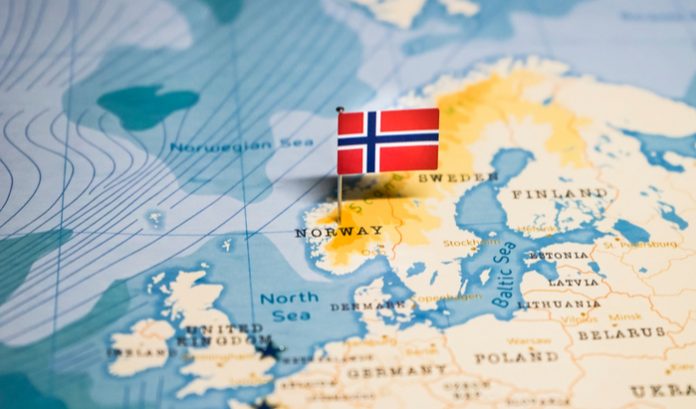Norway’s Minister of Culture and Gender Equality, Abid Raja, has introduced a new gambling law to implement tighter restrictions on unlicensed operators in the country, as well as their affiliates.
Proposed by the government on June 18, the new bill aims to consolidate the nation’s fragmented gambling frameworks, aiming to ‘regulate everything that is offered by gambling in Norway,’ as well as replace the current three laws that are in place.
Norway’s regulated betting industry has historically been overseen by the 1995 Lottery Act, 1992 Gambling Act and 1927 Totalisator Act, which the new will combine into a new legislative and regulatory framework.
Raja first proposed the overhaul of the country’s gambling legislation to Norway’s Stortinget legislative assembly in June 2020, to merge national oversight of the regulated betting and gaming industry.
The minister’s new regulations will strengthen the existing rights model, which sees state lottery Norsk Tipping and racing betting operator Norsk Rikstoto hold the exclusive rights to offer high risk and high turnover gambling products to Norweigan consumers, whilst also reiterating that unlicensed firms will not be permitted to operate.
When it was first discussed last year, a second key aim of the revised legislation was to address inefficiencies in the governance of Norway’s incumbent monopolies, which are overseen by the Lottery Committee, Ministry of Culture and Ministry of Agriculture and Food.
Raja commented: “I am pleased to finally be able to present the new gambling law, which is a milestone in the government’s work to prevent gambling problems and ensure responsible gambling.
“We are tired of foreign gambling companies that do not respect Norwegian law, and that do not operate with proper accountability measures. Therefore, the new law provides the Norwegian Lotteries Authority with new tools for detecting, reacting to and sanctioning violations of the law. This includes, among other things, authority to impose infringement fines.”
Key terms of the new law include strong obligations for social responsibility and safe betting, with any company offering gambling in Norway required to introduce ‘the necessary accountability measures’, whilst a general ban on credit games has also been implemented to counteract debt problems.
Marketing has also been reduced by a provision classifying the advertising of gambling to children as a criminal offence, and operators must ‘not go beyond what is necessary to attract players to the legal gaming offers’.
Lastly, the direct marketing of gambling to people who have self-excluded themselves from any betting and gaming products or offers has also been classed as a criminal act.
Raja concluded: “Things are happening in the gambling field in Norway. The government has worked consciously for many years with gambling policy and this is yielding results.
“Foreign gambling companies and their payment intermediaries are withdrawing from the Norwegian market, their turnover is declining and advertising is no longer as easy to reach. This is a direct result of a targeted and successful policy in the area.”
The proposed reforms will see the Norwegian government continue its ‘zero tolerance’ approach on unlicensed gambling, protecting the state-owned monopolies of Norsk Tipping and Norsk Rikstoto.
In 2018, Storting parties formed a coalition to initiate the overhaul of gambling regulator Lottstift by Director General Gunn Merete Paulsen, who approved more regulatory powers to combat unlicensed gambling activities.
MPs demanded that Norway’s gambling laws be revised, following media revelations that Norway’s Sovereign Wealth Fund had invested in foreign unlicensed operators undermining its goodwill mandate.
Adopting its toughest stance against unlicensed activities, criticism has been garnered at Lottstift’s regulatory strategy for failing to provide any oversight on problem gambling issues and consumer safeties of players who still engage with unlicensed actors.
Additionally, although the new legislative proposals reaffirm the status of Tipping and Rikstoto, the existence of a Norwegian gambling monopoly has faced criticism from some, including the European Gaming and Betting Association (EGBA).
EGBA Secretary General Maarten Haijer previously estimated that up to 66% of Norway’s online gambling transactions are conducted on international websites, costing the country around NOK 2bn annually.
He went on to highlight a ‘fallacy’ in Norway’s gaming infrastructure, pointing out that the existence of a monopoly does not better safeguard players if international operators are not adequately regulated.




























